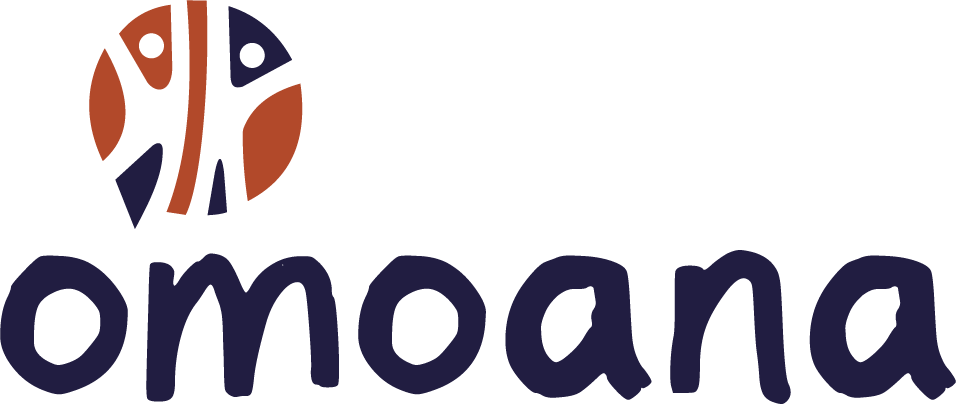For more than 20 years, Northern Uganda has been in the grip of a civil war between the Lord’s Resistance Army and government forces. More than 25,000 children were kidnapped to be used as soldiers. They were forced to commit atrocities and experienced traumatic events that they will never forget. Some had to kill family members, others were sexually abused. In a state of survival, they have sometimes had to drink their own urine. Repeated experiences of this kind inevitably leave their mark on many of them. When they return to their villages, they suffer from post-traumatic stress disorder, which can manifest itself in flashbacks, insomnia and concentration problems.
The region was pacified in 2006. But according to the most optimistic studies, 25% of former child soldiers and 7% of the general population still suffer from this syndrome, which, if left untreated, does not go away. This affects their ability to manage an income-generating activity, and the situation of despair in which they find themselves can push them towards alcoholism. It is important to tackle this problem, for their well-being and for reconciliation in the region. Indeed, people suffering from post-traumatic stress are often irritable and may be badly perceived by other members of their community. Unfortunately, mental health is not one of the government’s priorities. Uganda has just 30 psychiatrists for a population of 34 million.
From 2014, Omoana will be working with VIVO, an organisation specialising in the treatment of psychological trauma in war-torn countries. It is made up of specialists from all over the world and is recognised as one of the leaders in this field. Anett Pfeiffer, a German psychologist, manages a team of Ugandan therapists, who provide people with 12-session therapies that have proved their effectiveness through academic research.
Funds are limited, and access to the most remote areas is difficult. Villagers cannot afford to travel to the city twice a week for therapy. Omoana therefore gives its beneficiaries access to the services of this organisation.
Omoana’s holistic approach, which seeks to provide its beneficiaries with quality economic support as well as access to recognised mental health specialists, can be considered a benchmark programme in post-conflict regions. What’s more, Omoana works as part of a network to offer its beneficiaries the best possible service and maximise resources and knowledge. But to prove the effectiveness of such collaborations, as well as the correlation between social and economic issues in post-conflict regions, investment is needed at academic level. Omoana is keen to host researchers with this in mind.
Adrien Genoud
Coordinator


